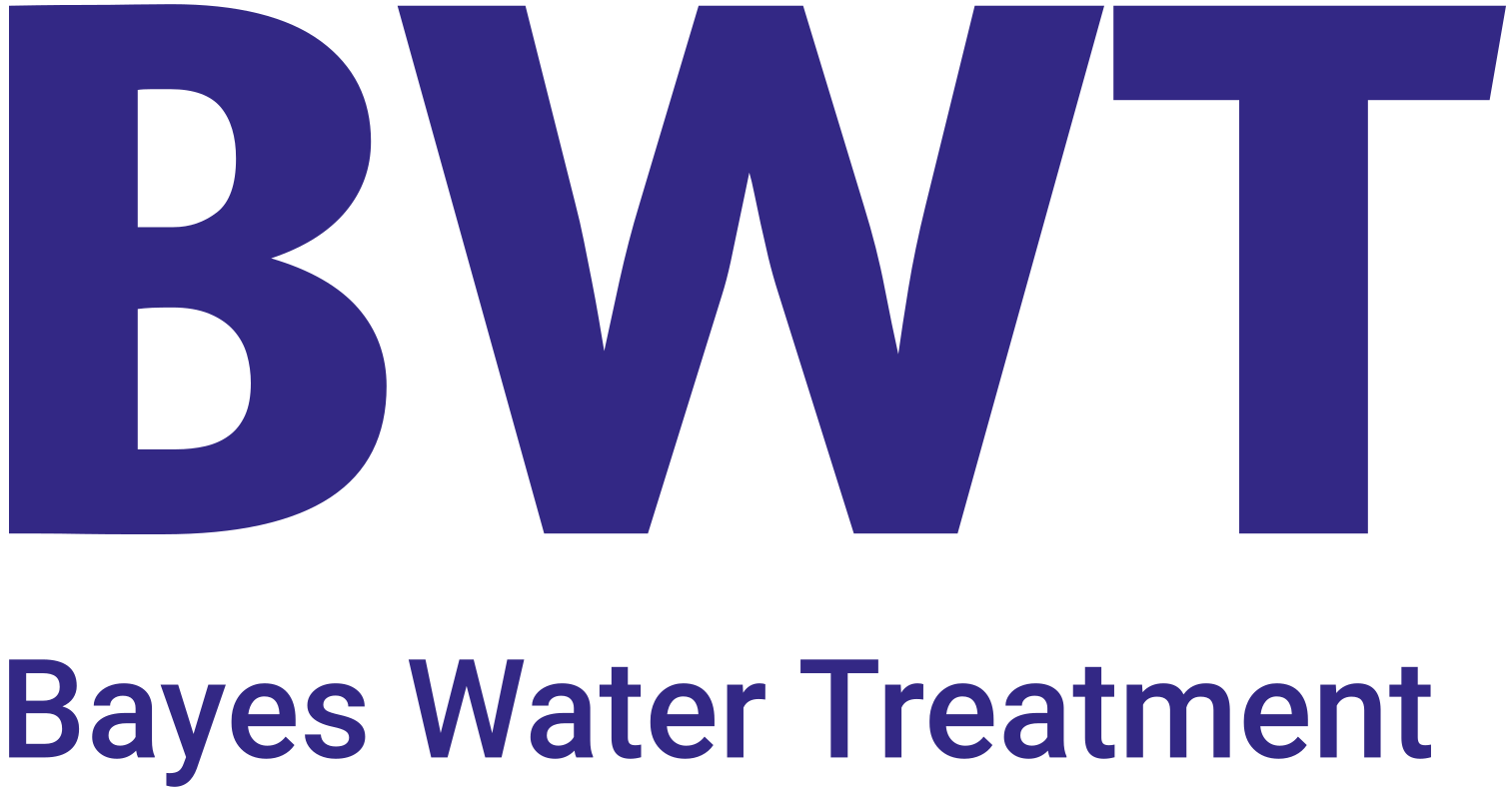What is Hard Water?
All water begins as soft water. As it falls through the atmosphere and filters through rocks and soil, water picks up invisible minerals. The presence of these minerals in water makes household cleaning tasks more difficult. In fact, the phrase, “hard water” was coined to describe this water which is “hard” to use.
According to the Kent County Health Department, water over 250 milligrams per liter (15 grains per gallon) will cause build up of lime on fixtures, soap scum and some corrosion.
Iron content over .5 will cause staining, cloudy water along with taste and odor concerns.
Most people, see water issues build up starting at 10 grains per gallon and .3 parts of iron. Well water in Western Michigan is generally of a quality that benefits the home owner to condition with water treatment equipment.
Many commercial and industrial applications, even on municipal water, cannot tolerate hardness in the 6-8 grain per gallon level and benefit from water treatment equipment.
Local municipalities hardness levels:
- Grand Rapids: 6-8 grains
- Plainfield Township: 8-10 grains
- City of Caledonia: 20-24 grains
- City of Rockford: 20-25 grains
How does Hard Water affect you?
- Harder on Appliances.
Lime burns out water heater elements. Washing machines can wear out up to 30% faster. New on demand water heaters are especially sensitive to hardness. - Harder on Dishes.
Hard water can leave a lime build up on glasses and dishes. - Harder on you.
Iron, sulfur, and magnesium are dissolved minerals that can cause your water to taste and smell bad. They also leave ugly rust stains and make general cleaning more difficult. - Harder on your Pocketbook.
Hard water wears out clothes faster by using more detergent than necessary. Cleaning products can be reduced by 50% with soft water.
Solution…
Properly sized and designed water treatment equipment through a Certified Water Treatment Specialist.
What is that Rotten Egg Odor?
Hydrogen Sulfide is what causes this obnoxious odor. Although not as common as hardness or iron, it can be found in your water supply. Hydrogen Sulfide can be removed by an Iron Guardian which does not use salt or chemicals—just water to backwash.
What is R.O. Water?
Reverse Osmosis is a sophisticated filtering system that will greatly reduce the total dissolved solids (T.D.S.) found in all water. Just because you have T.D.S. in your water does NOT mean that you have water concerns. However, if you have dissolved minerals in your water, it will register as T.D.S. Therefore, if we reduce the T.D.S., we reduce the potential concerns and give you the best tasting water and clearest ice cubes available.
Other than RO water for drinking and cooking, here are some other applications:
- Humidifiers – eliminates build up caused by sediment and mineral salts
- Low Sodium Diet – ideal for people with sodium restricted diets
- Baby Formula – protects infants from possible impurities in the water
- Auto Batteries – extends battery life with reduced mineral salts
- Photography – prevents spots and streaking on delicate film
How do you choose the best Water Treatment Dealer?
There are no licensing requirements from the state of Michigan to be a Water Treatment Dealer. Therefore, it is important to set some criteria when choosing a dealer. If you follow the above criteria it will help to ensure that your dealer will be there for service and assistance in the future.
We recommend the following:
- Do they have a Certified Water Treatment Specialist on staff?
- Do they have a Certified Installer on staff?
- Do they rent as well as sell Water Treatment Equipment?
- Are they a member of the Michigan Water Quality Association?
- Are they a member of the National Water Quality Association?
- Is Water Treatment their primary business?

